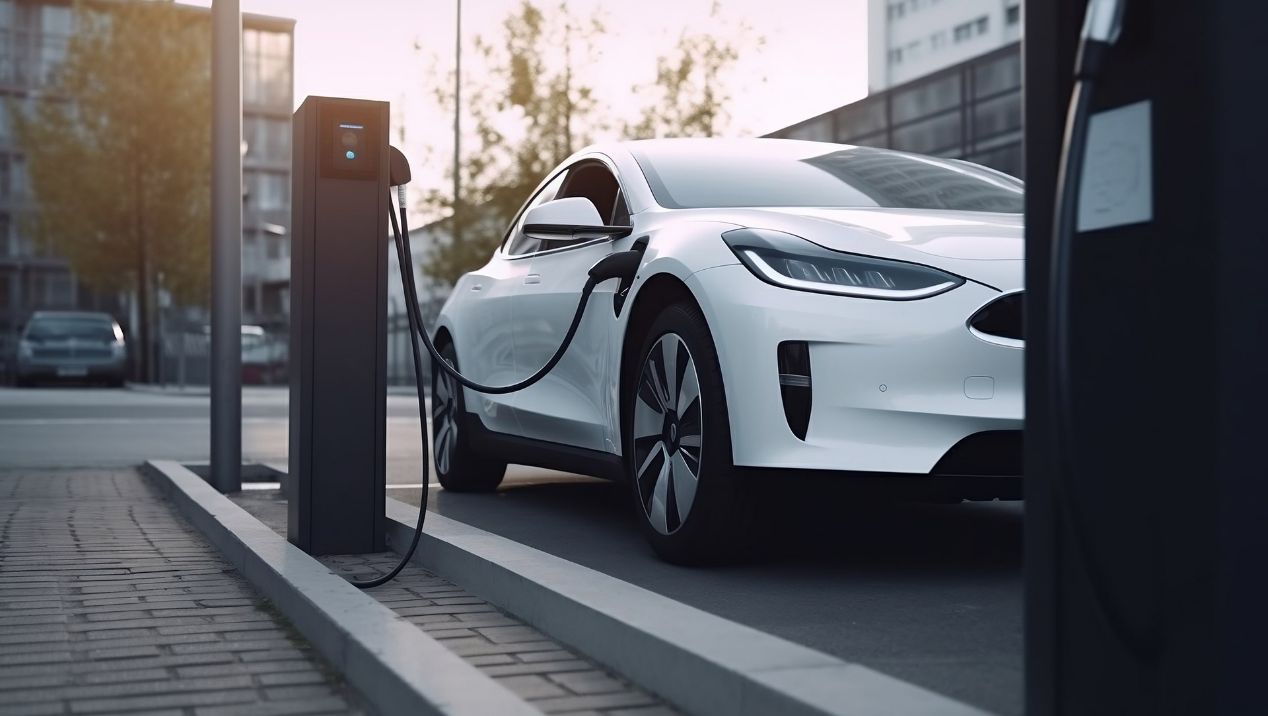EV Charging station
Direct current (DC) Commonly, though incorrectly, called “Level 3″ charging based on the older NEC-1999 definition, DC charging is categorized separately in the SAE standard. In
DC fast-charging, grid AC power is passed through an AC-to-DC converter in the station before reaching the vehicle’s battery, bypassing any AC-to-DC converter on board the vehicle.[8][9]
DC Level 1: Supplies a maximum of 80 kW at 50–1000 V.
DC Level 2: Supplies a maximum of 400 kW at 50–1000 V.
Additional standards released by SAE for charging include SAE J3068 (three-phase AC charging, using the Type 2 connector defined in IEC 62196-2) and SAE J3105 (automated
connection of DC charging devices).
In 2003, the International Electrotechnical Commission (IEC) adopted a majority of the SAE J1772 standard under IEC 62196-1 for international implementation.
The IEC alternatively defines charging in modes (IEC 61851-1):
Mode 1: slow charging from a regular electrical socket (single- or three-phase AC)
Mode 2: slow charging from a regular AC socket but with some EV-specific protection arrangement (i.e. the Park & Charge or the PARVE systems)
Mode 3: slow or fast AC charging using a specific EV multi-pin socket with control and protection functions (i.e. SAE J1772 and IEC 62196-2)
Mode 4: DC fast charging using a specific charging interface (i.e. IEC 62196-3, such as CHAdeMO) The connection between the electric grid and “charger” (electric vehicle supply
equipment) is defined by three cases (IEC 61851-1): Case A: any charger connected to the mains (the mains supply cable is usually attached to the charger) usually associated
with modes 1 or 2. Case B: an on-board vehicle charger with a mains supply cable that can be detached from both the supply and the vehicle – usually mode 3.
Case C: DC dedicated charging station. The mains supply cable may be permanently attached to the charge station as in mode 4.
11KW Wall Mounted AC Electric Vehicle Charger Wallbox Type 2 Cable EV Home Use EV Charger
Post time: Nov-21-2023









